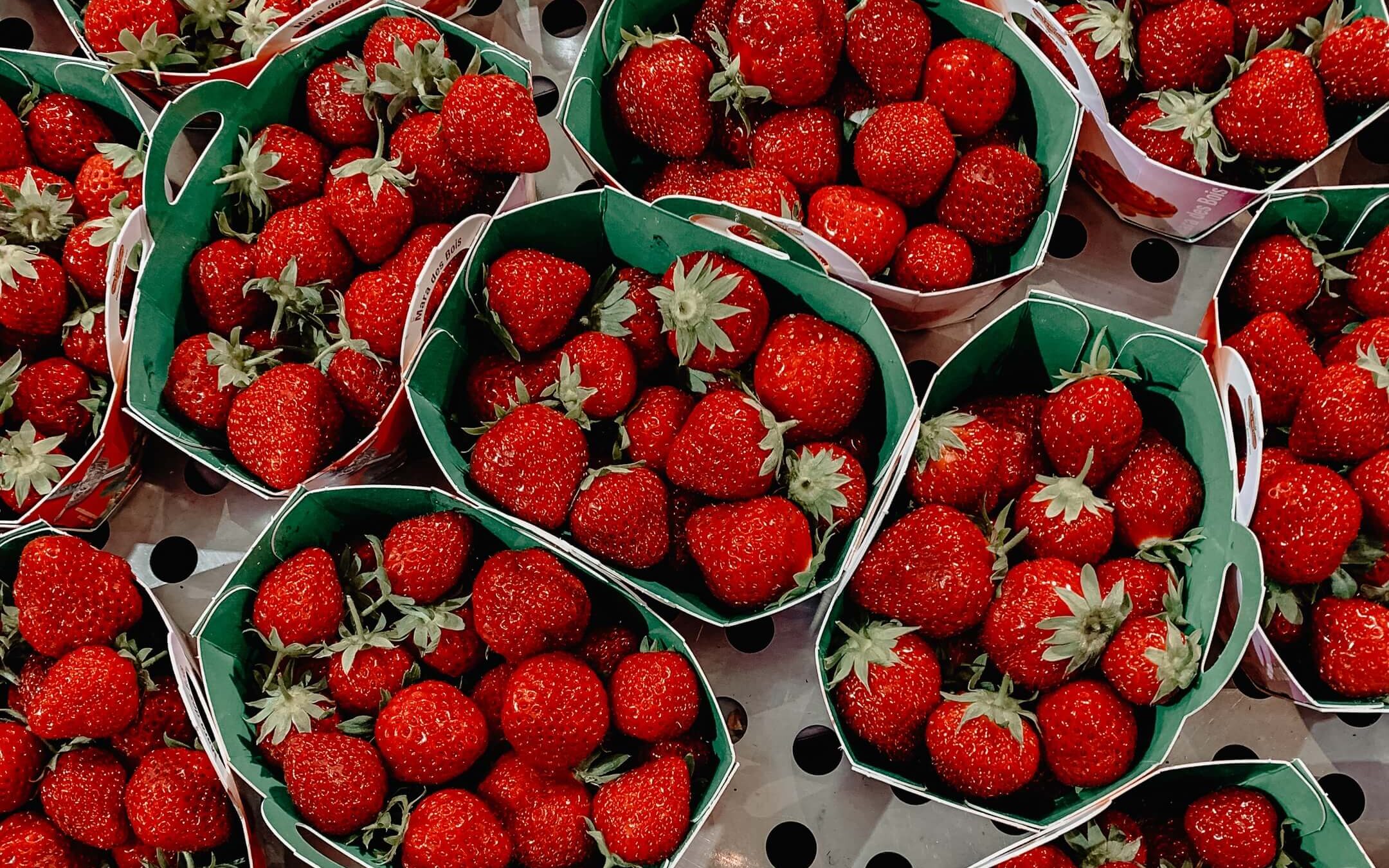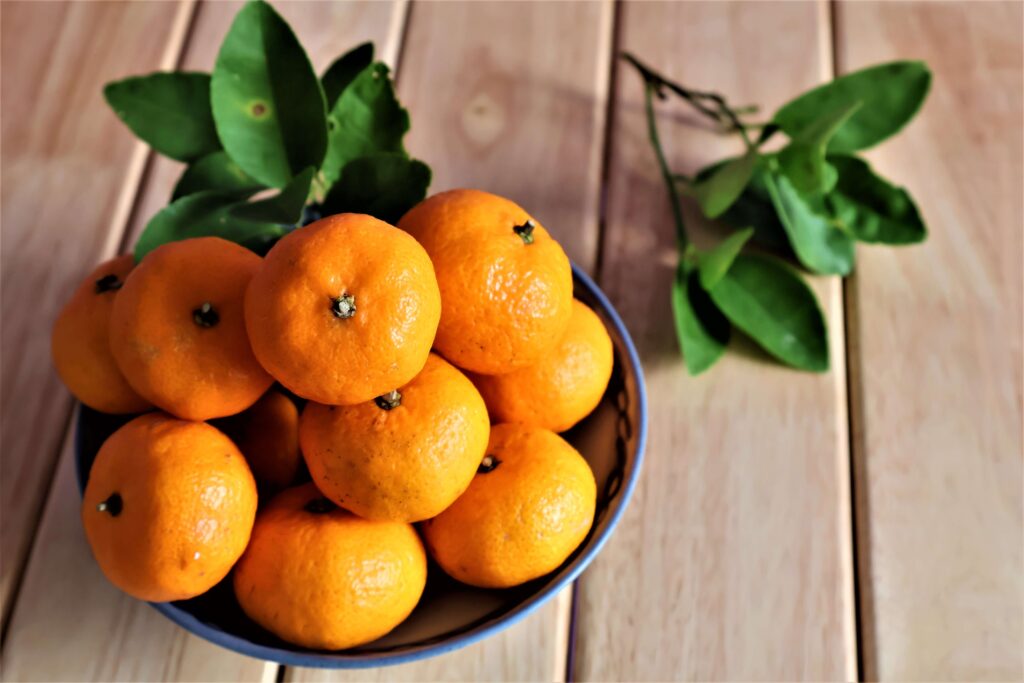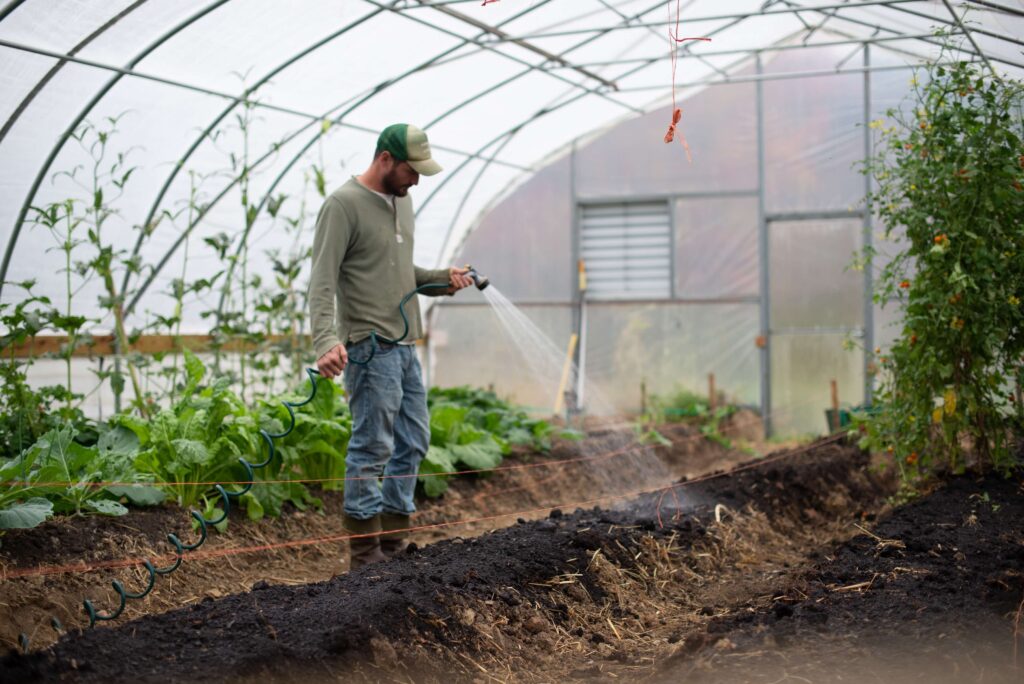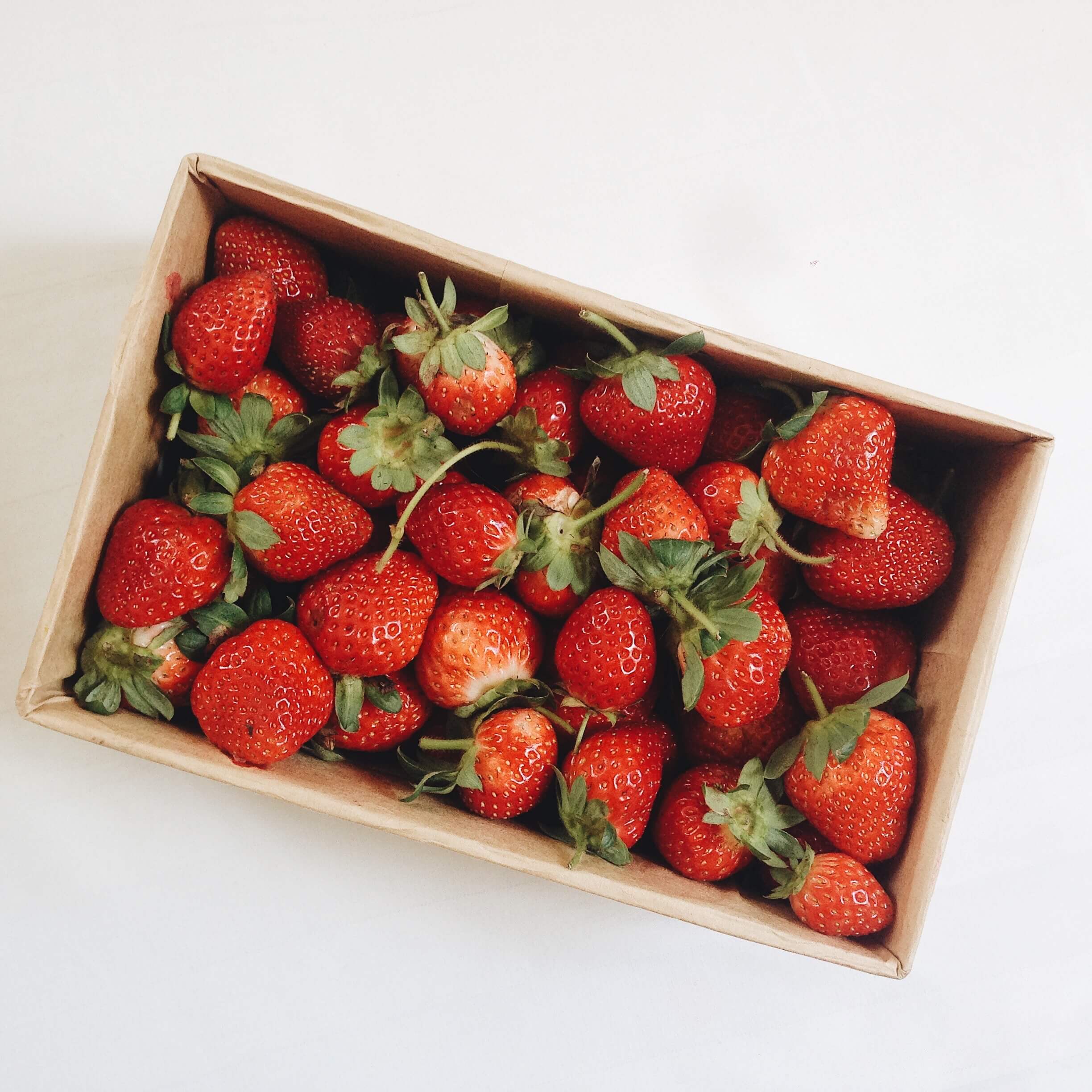
Hello friend!
You have likely heard of the dirty dozen and the clean fifteen, and maybe you even bought into it. Depending on how deep you got, you had a list on your phone when you went shopping of what you could buy conventional and what you “had to buy” organic. As I have mentioned several times, this can be one more thing for a cancer survivor to stress about, and I am all about cutting back on sources of stress for you guys. Here’s the thing: there is nothing wrong with choosing organic produce, but there is also nothing wrong with choosing conventional produce either.
Background of the Dirty Dozen
The “Dirty Dozen” list is created yearly by the Environmental Working Group (EWG), an activist group founded in the late 1980s that opposes modern agriculture practices and encourages consumers to buy organic. They receive funding from organic companies and have urged for the EPA to lower their safety limits for pesticides. When putting together the dirty dozen list, the EWG analyzes and compares the levels of pesticide residues in different produce items. Those with the highest amount are deemed the “Dirty Dozen”.
Dirty Dozen Critique
First of all, consumer transparency is important, and people should have the right to learn about their foods and make an informed decision about their nutrition choices. However, there is an issue when organizations present information in a manner to scare the consumer and deter them from making choices out of fear alone. Unfortunately, an attempt to advocate for consumer transparency has degraded into a fear mongering tactic.
Lacks Scientific Context

The Dirty Dozen list establishes its own tolerances well below the established safety limits set by the Environment Protection Agency (EPA). This means that even if something is “high” on the EWG list, it is actually well within the safe limits. For example, in 2021 the EWG claimed that a fungicide found in mandarins could cause cancer or hormonal problems. They failed to mention this was from a study done on rats in which they were exposed to doses much higher than humans would ever be exposed to. In fact, the dose found on the oranges was so below the EPA tolerance limit that one would have to eat 85 oranges per day to reach adverse health effects. The EWG manipulates data and language to push organics.
Not Accessible
The dirty dozen list may not cause much harm to someone who is well off financially, but think about those in a lower socioeconomic status. They may have very limited access to fresh produce, let alone organic fresh produce. These people are in food desserts and their only access to food may be convenience stores. Out of fear of the “adverse health effects” from the dirty dozen, they may limit, or completely avoid all produce and miss out on all the important phytochemicals and fiber in the process.
Places Organics on a Pedestal
Remember that organics also use pesticides and are not completely free of synthetic pesticides either. Furthermore, there is not sufficient evidence showing that organic produce provides a health benefit compared to conventional produce. The USDA Organic Program also states on its site that organics do not consider food safety or nutrition. In terms of sustainability, not all organic farms use sustainable practices. Just because a farm is organic, does not mean it’s sustainable, and just because a farm is conventional does not mean it is unsustainable.
Distracts from Those Who Really Suffer
Are you really in any danger by eating food with a small amount of pesticide residue? Not really. But do you know who is impacted? Those who work in the fields and are exposed to a large amount of pesticides daily. Whether it is from touching items with pesticides or entering areas that have recently been sprayed, the dangers from exposure are more direct for this population. These people are often migrant workers, and their voices go unheard. The dirty dozen list is a distraction since it makes the consumer the victim rather than those who have an occupational exposure.
Takeaway
Remove Morality from the Equation
So what does this mean for you? What steps should you take? First of all, take the morality out of it. You are not a good person for buying organic or a bad person for buying conventional. You need to buy what makes the most sense for you. Realistically, organic produce is expensive, and if you can’t afford it, there is nothing wrong with conventional. On the other hand, if you just like organic and prefer to buy it, that is okay too. It is up to you!
Choose Local if It’s Important to You
If you are concerned about the environmental and occupational health risks associated with pesticide use, consider supporting local farmers in your area and participating in community gardens to grow your own food and provide fresh produce to others. You can even petition for better employee safety practices for the vulnerable population that is regularly exposed to high levels of pesticides.

Wrap-up
Whether you choose organic or conventional, make sure to give it a good rinse under running water before eating to get rid of any residues and dirt. Regardless of your goals, you should feel comfortable adding more produce into your diet and feel confident in your choices whether they are conventional or organic!
My Cancer Simplified Membership is for YOU if you want all the answers but you want them simplified, bite-sized and with zero fluff. In this program, you plug in when you want and there are not workbooks, required lives, or any of that stuff. I know you have so many appointments, work commitments, and more. This is meant to be for those who just don’t want to put anything else on their calendar but still want to learn how to be CONFIDENT when it comes to cancer, nutrition, lifestyle, and everything in-between. Click here to join! Since this program just dropped, it is still on its release sale. Prices go up May 1st!
References
- Winter, C. K., & Katz, J. M. (2011, May 15). Dietary exposure to pesticide residues from commodities alleged to contain the highest contamination levels. Journal of Toxicology. Retrieved July 10, 2022, from https://www.hindawi.com/journals/jt/2011/589674/
- Hey mainstream media, please stop promoting EWG’s ‘dirty dozen’. American Council on Science and Health. (2020, May 27). Retrieved July 10, 2022, from https://www.acsh.org/news/2018/04/12/hey-mainstream-media-please-stop-promoting-ewgs-dirty-dozen-12828
- Entine, J. (2019, February 9). Viewpoint: Do organic farms really produce ‘chemical free, Healthier Food’? Genetic Literacy Project. Retrieved July 10, 2022, from https://geneticliteracyproject.org/2019/02/07/viewpoint-do-organic-farms-really-produce-chemical-free-healthier-food/
- RiskMonger, P. by. (2020, September 2). The risk-monger’s dirty dozen – 12 highly toxic pesticides approved for use in organic farming. Monger. Retrieved July 10, 2022, from https://risk-monger.com/2016/04/13/the-risk-mongers-dirty-dozen-12-highly-toxic-pesticides-approved-for-use-in-organic-farming/
- Huang Y, Edirisinghe I, Burton-Freeman BM. Low-income shoppers and fruit and vegetables. Nutrition Today. 2016;51(5):242-250. doi:10.1097/nt.0000000000000176
- Health & Safety. NFWM. https://nfwm.org/farm-workers/farm-worker-issues/health-safety/#toxic. Published January 2023. Accessed April 27, 2023.
This blog is not intended as medical nutrition therapy, medical advice, or diagnosis and should in no way replace consultation or recommendations from your medical professional.





Everything is very open with a really clear description of the issues. It was definitely informative. Your site is useful. Thank you for sharing!
I am so glad to hear that! Glad you are here to learn and share! xo